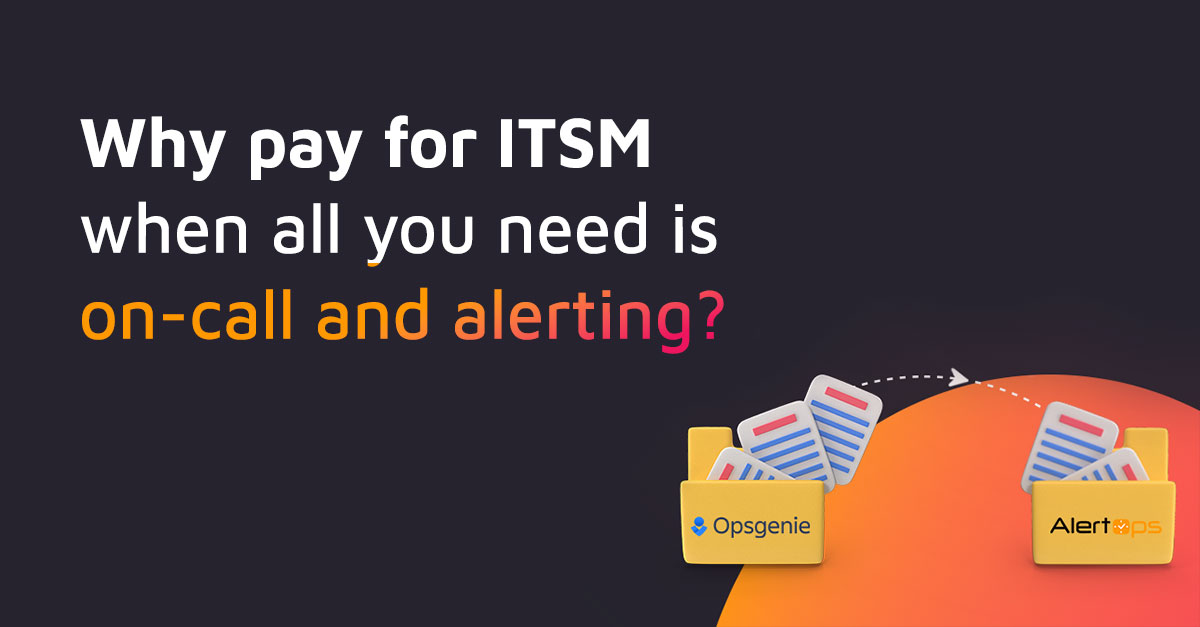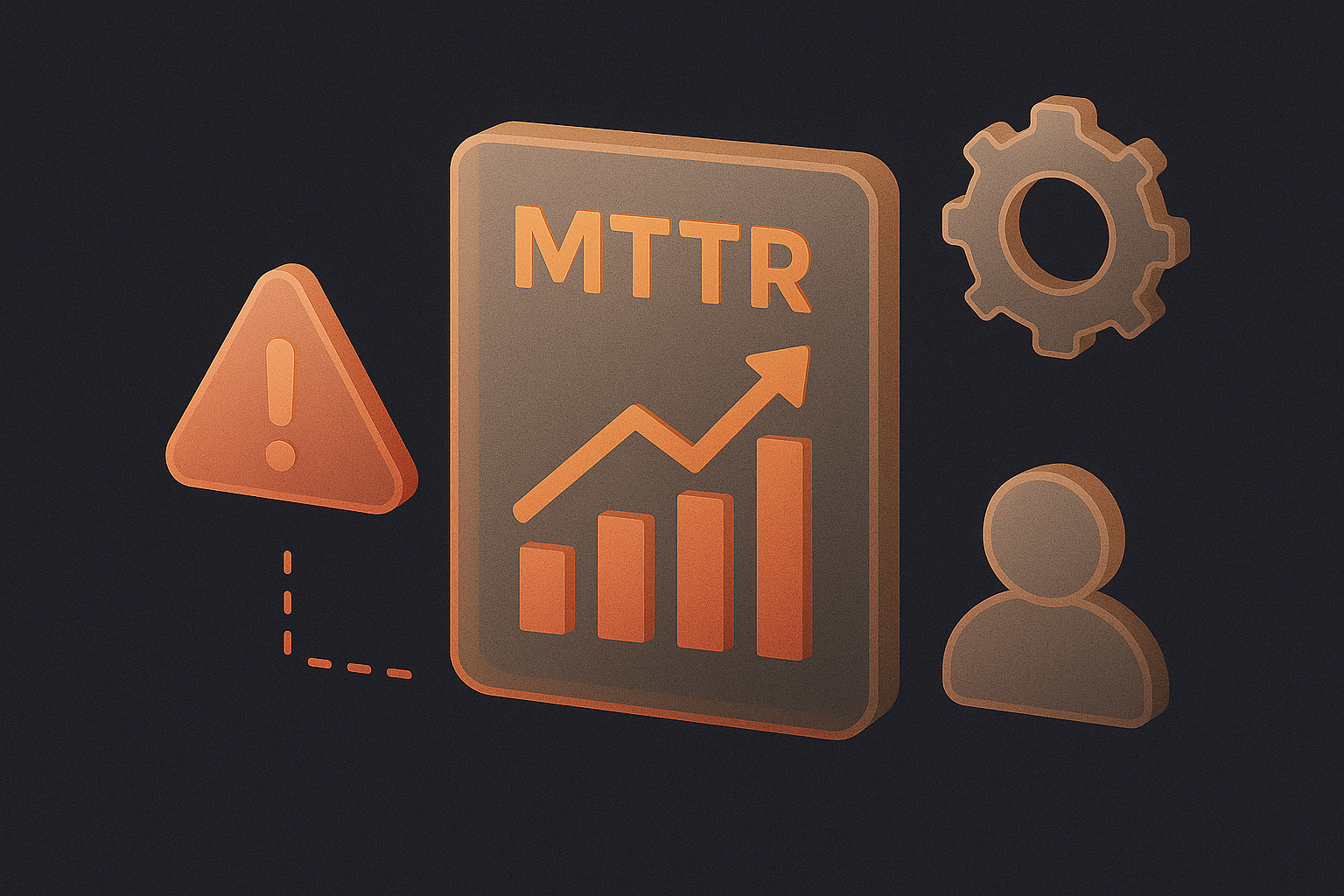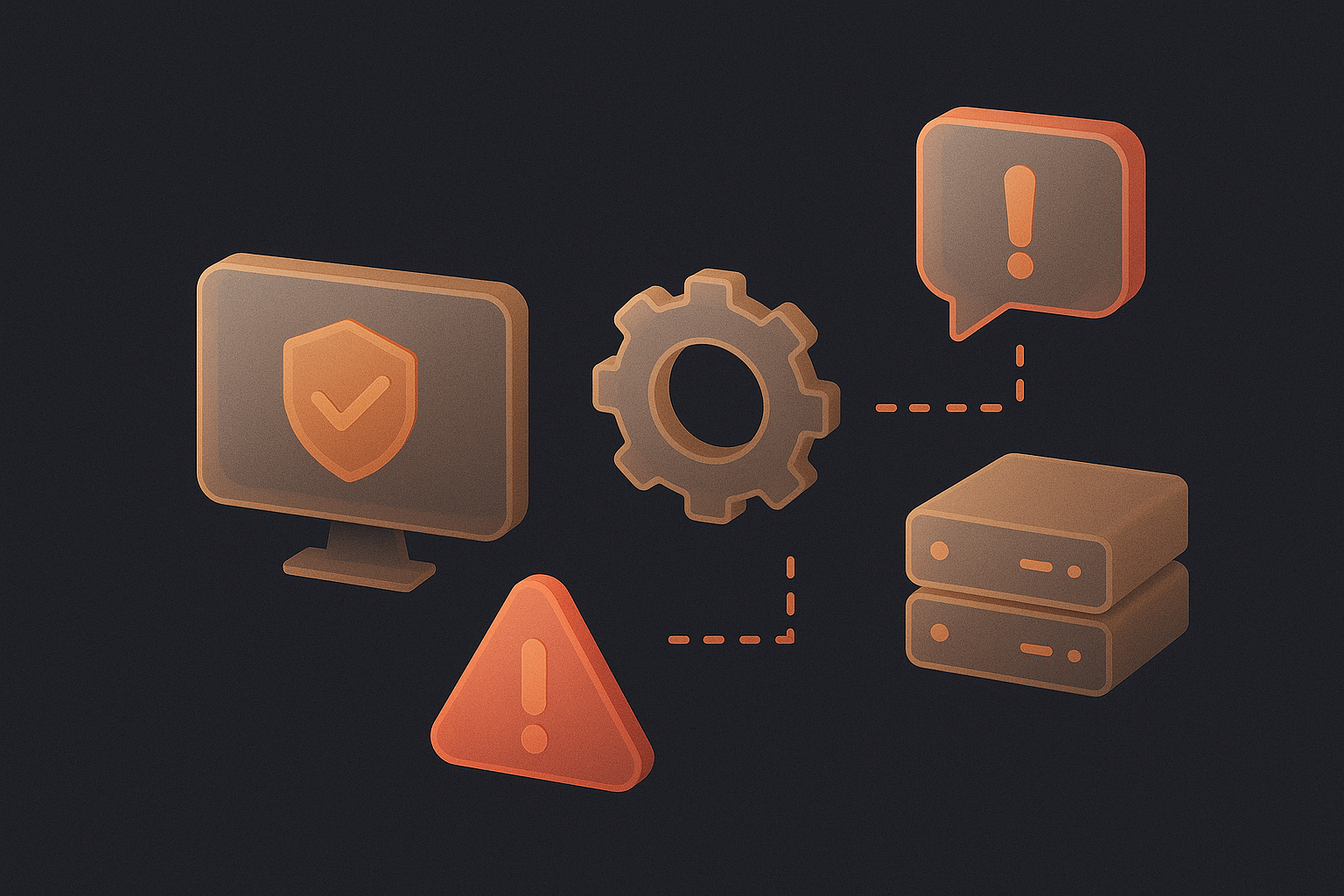When an incident happens—your systems go down, a critical service fails, or your end users start flooding support channels—what you need is fast, reliable alerting and an on-call team that can respond immediately.
But if you’re using Jira Service Management (JSM) for this, chances are you’re paying for a lot more than just that.
The Problem: Alerting is Now Buried in an ITSM Suite
Atlassian’s decision to fold Opsgenie into JSM Premium and Enterprise plans has forced many teams into a corner. What was once a streamlined alerting and on-call platform is now bundled with full-scale ITSM tools like change management, service catalogs, asset tracking, and SLA dashboards.
For some enterprise IT departments, this may be a welcome expansion. But for many DevOps, SRE, and engineering teams, it introduces a problem:
You’re paying for features you never asked for—and probably won’t use.
When You Only Need Incident Response
If your team is focused on uptime, availability, and rapid incident response, you don’t need a full-service ITSM solution. You need:
- On-call scheduling that’s easy to manage and rotate
- Real-time, multi-channel alerts (SMS, voice, email, push, chat)
- Smart escalation policies to reduce MTTR
- Integrations with your monitoring stack (Datadog, AWS, New Relic, etc.)
- Post-incident analysis tools to improve over time
With JSM, these core features are just one part of a much larger, more expensive package. You get the functionality—but it’s buried under layers of ITIL workflows, admin overhead, and additional costs.
The Hidden Costs of ITSM Bloat
JSM Premium is marketed as an all-in-one solution, but “all-in-one” isn’t always a benefit. In fact, it often means:
- Higher per-user pricing tied to enterprise ITSM licensing
- Longer onboarding and implementation cycles
- Steeper learning curves for teams outside traditional IT service roles
- Ongoing admin maintenance for features you don’t actively use
Put simply, you’re subsidizing ITSM complexity when all you really needed was Opsgenie—or something like it.
What If You Could Keep What You Need—Without the Overhead?
Enter AlertOps—a dedicated incident management platform that delivers everything teams loved about Opsgenie, without forcing them into a broader ITSM framework.
With AlertOps, you get:
- Flexible on-call scheduling with escalation policies tailored to your team
- Real-time, reliable alerting across SMS, voice, email, Slack, Microsoft Teams, and more
- Noise reduction and prioritization to eliminate alert fatigue
- 200+ integrations with your existing DevOps and monitoring tools
- Custom workflows and automation rules that work with how your team operates
And perhaps most importantly: You pay only for what you use.
Built for Teams Who Need Focus, Not Friction
Unlike JSM, which blends ITSM features into every tier, AlertOps is purpose-built for incident response and alert management. There’s no extra licensing for unrelated features. No steep configuration requirements. No ITIL certification needed to use it.
Just fast, flexible, scalable incident response.
This approach not only saves time and money—it helps teams move faster when it matters most.
Make the Switch Before You’re Locked In
As Opsgenie users are being transitioned to JSM, many teams are discovering that their new tool feels bloated, slow, or misaligned with their real needs.
AlertOps offers a smooth migration path with:
- Support to transition on-call schedules and alert policies
- Built-in integrations with tools you’re already using
- Personalized onboarding assistance
- A pricing model designed to fit teams—not enterprises
Final Thought
If your team doesn’t need ITSM, you shouldn’t have to pay for it.
JSM is built for service desks. AlertOps is built for incident response.
Don’t settle for an all-in-one platform that delivers more than you need—and charges you for it.
Ready to simplify your incident response?



